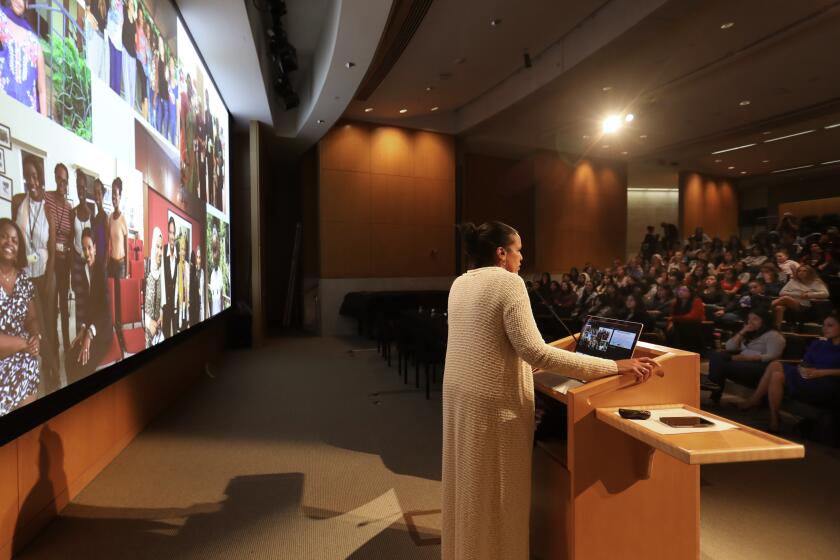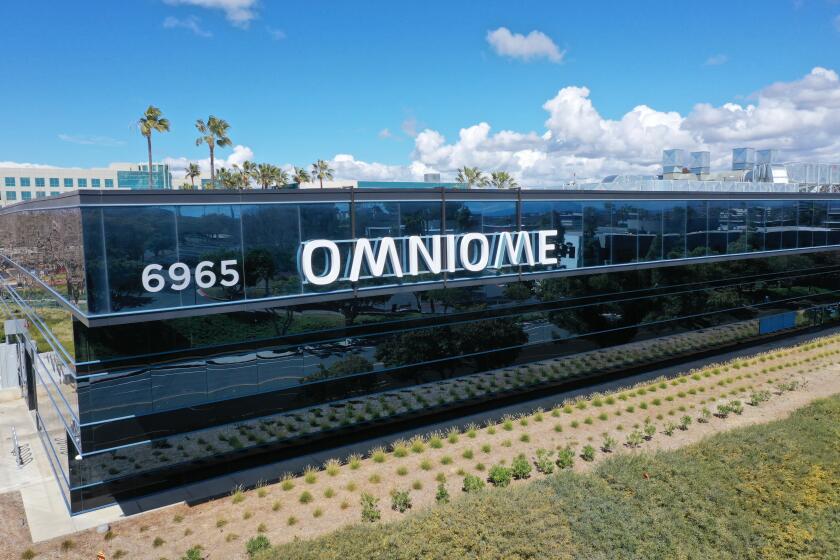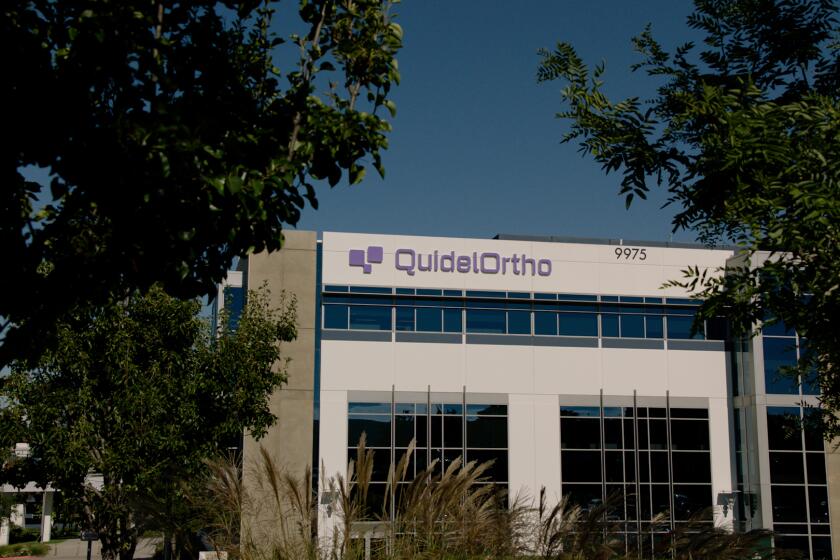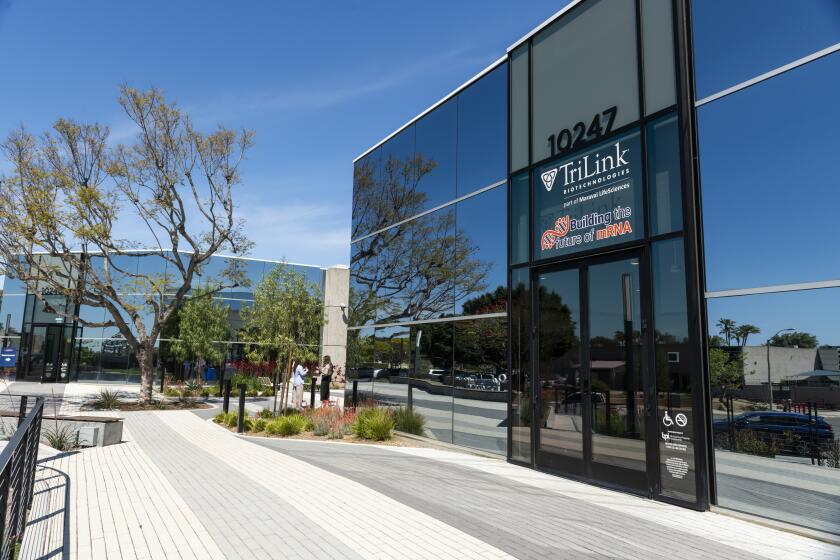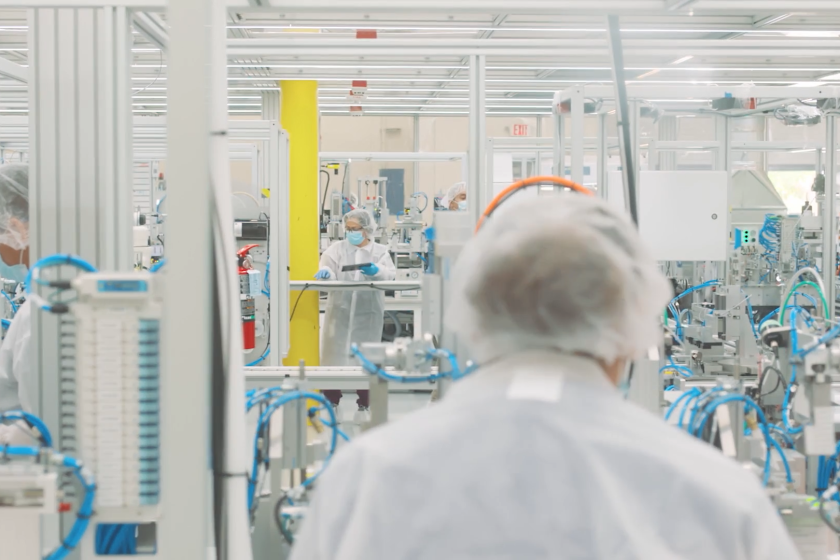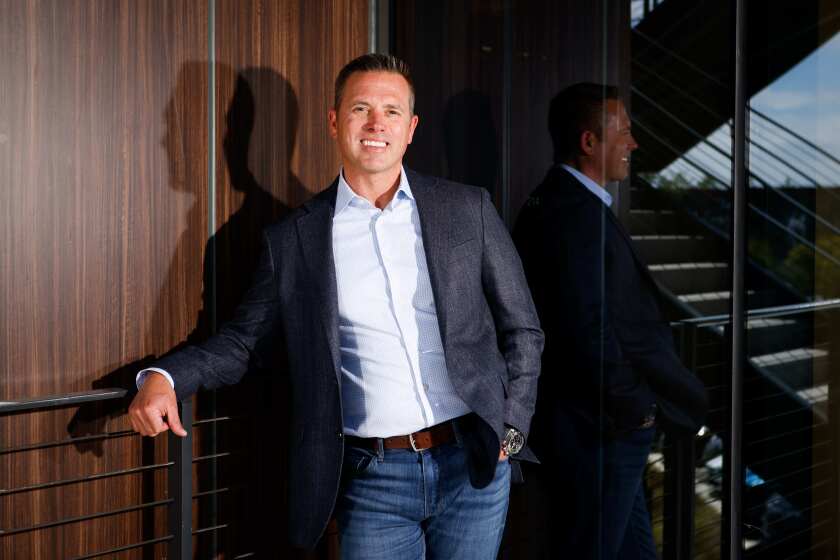For stem cell and gene therapies, success presents a new challenge: mass production
Biotech companies in the scientific frontiers of stem cell and gene therapies are used to dealing with failures, loss of funding and other setbacks. Now they’re having to deal with new issues raised by success, according to experts speaking Monday in a panel at Biotech Showcase in San Francisco.
And on top of that, questions of payment are becoming more urgent, said Janet Lambert, CEO of Alliance for Regenerative Medicine, the panel sponsor. Biotech Showcase, along with the JP Morgan Healthcare Conference, is attracting an estimated 15,000 life science professionals this week to discuss the state of the industry..
As more stem cell and gene therapy products reach patients, their makers are putting increasing attention on ensuring consistent quality. From raw supplies to finished treatments, manufacturing therapeutic cells is turning from a biotech niche to mass production on an industrial scale.
The importance of quality control was highlighted recently when the U.S. Food and Drug Administration cracked down on unregulated stem cell companies offering treatment outside of FDA oversight.
These include San Diego’s Genetech (no relation to South San Francisco’s Genentech). Twelve patients reportedly contracted serious infections after being given products from the company supposedly containing stem cells. The products contained two kinds of fecal bacteria, according to cultures grown from unopened items.
In addition to sterility, the companies that do heed FDA regulations need to establish a consistent supply chain of supplies, develop methods to test for quality, and ensure products are kept under appropriate conditions until delivered to doctors or hospitals.
The panel discussion was far different from one several years ago, when it was uncertain whether these exotic therapies, such as genetically engineered immune cells, would be effective. Cells, being living things, have proven much harder to engineer to a uniform standard than the nonliving chemicals that have been medicine’s therapeutic arsenal. And big drug companies had long considered the field too immature for big investments.
But doubt is vanishing. The ground-breaking approval of immune cell therapies for blood cancers cancer such as Kymriah and Yescarta in 2017 gave a definitive yes to the question whether these were ready for patients. And while cancer treatments predominate, Luxturna, the first gene therapy for a form of blindness, was also approved that year.
On Monday, San Diego’s Stemedica said it had achieved positive results in an early stage trial of its stem cell therapy for stroke. The trial showed safety and preliminary evidence of efficacy, the company said.
“We’re already having an impact with the products on the market,” Lambert said. Moreover, the panelists said, that impact has been so sudden companies are still adjusting to the new reality.
In 2018, biotechs raised hundreds of millions to advance other cell therapies. This included $80 million for San Diego’s ViaCyte, testing a stem cell-based diabetes treatment. And the year closed with a $604 million whopper of an initial public offering from Cambridge, Mass-based Moderna Therapeutics, developer of RNA-based drugs. It was the largest IPO in biotech history.
Ironically, the great success of these therapies has caused issues in commercializing them, said panelist Christopher Vann, CEO of Autolos Therapeutics. The London, UK company is testing cancer therapies with immune cells called T cells.
The urgent demand for these new therapies means that companies are rushing to get them to patients as fast as feasible, Vann said.
“They went to market very quickly, based on academic manufacturing processes,” Vann said. These processes weren’t equipped to scale up to commercial demand.
But that is now being fixed.
“The realization today is that you need to fix your manufacturing process before you enter into registration (late-stage) studies,” he said.
Maria Fardis, president and CEO of cancer immunotherapy company Iovance Biotherapeutics, agreed with Vann. Fardis’ company is treating solid tumors with immune cells called tumor-infiltrating lymphocytes.
“I’m a chemist by training and I was shocked when I started in the cell therapy field, and understanding there was no known supply chain for every item,” Fardis said. “You have to source it, get to know the provider, ensure that you have adequate supply agreements in place, and that they’re able to consistently provide you what you need.”
Science Playlist

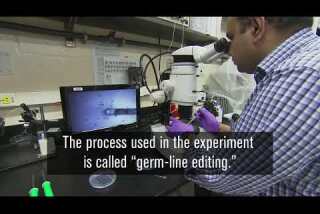
In a first, scientists rid human embryos of a potentially fatal gene mutation by editing their DNA

10 interesting facts about Mars

Kids can add years to your life
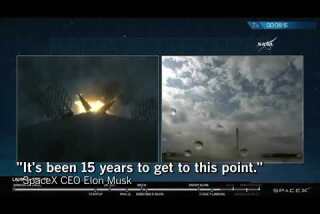
LA 90: SpaceX launches recycled rocket

Ocean temperatures warming at rapid rate, study finds
bradley.fikes@sduniontribune.com
(619) 293-1020
Get U-T Business in your inbox on Mondays
Get ready for your week with the week’s top business stories from San Diego and California, in your inbox Monday mornings.
You may occasionally receive promotional content from the San Diego Union-Tribune.


